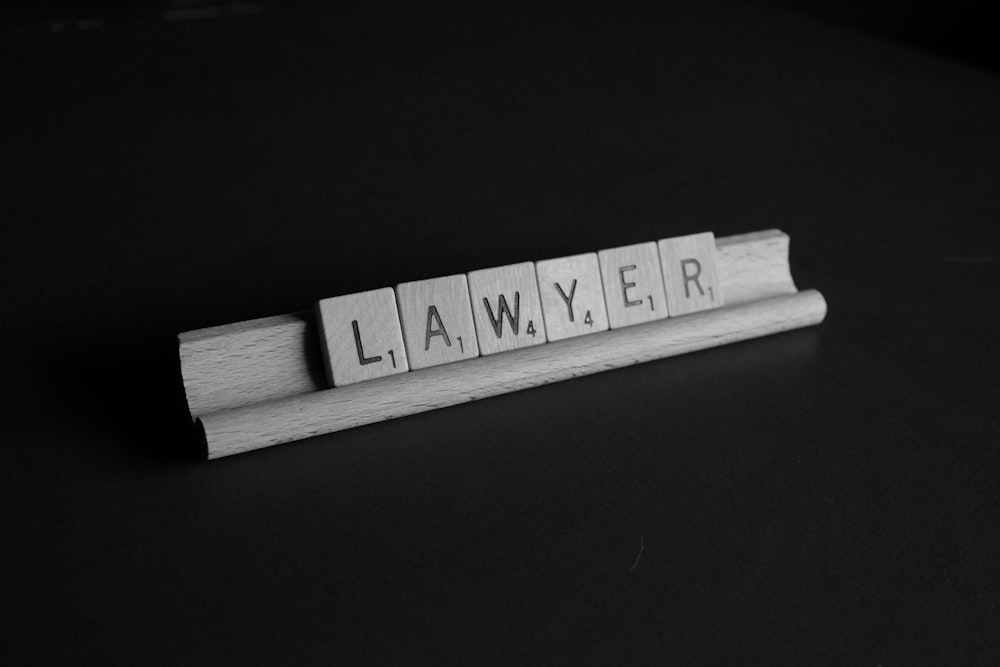Unraveling the Intricacies of Tort Law: Essential Insights
Tort law is a cornerstone of the legal system, governing civil wrongs and providing remedies for individuals harmed by the actions of others. Understanding the fundamentals of tort law is essential for every citizen, as it impacts various aspects of daily life, from personal injury claims to property disputes. In this article, we delve into the essential insights of tort law, shedding light on its principles, applications, and significance in modern society.
Defining Tort Law
At its core, tort law encompasses civil wrongs that result in harm or injury to individuals or their property. Unlike criminal law, which deals with offenses against the state, tort law focuses on resolving disputes between private parties. These disputes often involve claims for compensation, known as damages, to compensate the injured party for their losses.
Types of Torts
Torts can be broadly categorized into three main types: intentional torts, negligence, and strict liability. Intentional torts occur when a person deliberately engages in conduct that causes harm to another individual or their property. Examples include assault, battery, and defamation.
Negligence, on the other hand, occurs when a person fails to exercise reasonable care, resulting in harm to others. To establish negligence, the plaintiff must prove that the defendant owed a duty of care, breached that duty, and caused foreseeable harm as a result of their actions or inaction.
Strict liability applies in certain circumstances where a person is held responsible for harm regardless of their intent or level of care. This typically occurs in cases involving defective products or inherently dangerous activities.
Compensation and Remedies
One of the primary objectives of tort law is to provide compensation to injured parties for their losses. Damages awarded in tort cases can take various forms, including compensatory damages, which aim to reimburse the plaintiff for economic losses such as medical expenses, lost wages, and property damage. Additionally, non-economic damages may be awarded to compensate for intangible losses such as pain and suffering, emotional distress, and loss of enjoyment of life.
In cases where the defendant’s conduct is particularly egregious or reckless, punitive damages may be awarded to punish the wrongdoer and deter similar behavior in the future.
Legal Principles and Standards of Proof
Tort law operates on the basis of several key legal principles, including the duty of care, causation, and foreseeability. The duty of care requires individuals to exercise reasonable caution to avoid foreseeable harm to others. Causation establishes a direct link between the defendant’s conduct and the plaintiff’s injuries, while foreseeability considers whether the harm was reasonably foreseeable based on the circumstances.
In civil cases, the standard of proof is typically lower than in criminal cases, requiring the plaintiff to demonstrate their case by a preponderance of the evidence, meaning that it is more likely than not that the defendant’s conduct caused the harm.
Legal Recourse and the Civil Justice System
Tort law plays a crucial role in providing individuals with legal recourse when they have been wronged. Through civil lawsuits, injured parties can seek compensation for their losses and hold wrongdoers accountable for their actions. The civil justice system ensures that disputes are resolved fairly and impartially, allowing individuals to assert their rights and seek redress for injuries sustained.
Conclusion
Understanding the principles and applications of tort law is essential for every citizen, as it governs interactions between individuals and establishes standards of conduct in society. By familiarizing themselves with the fundamentals of tort law, individuals can protect their rights, navigate legal disputes, and seek justice when wronged. Read more about tort law




